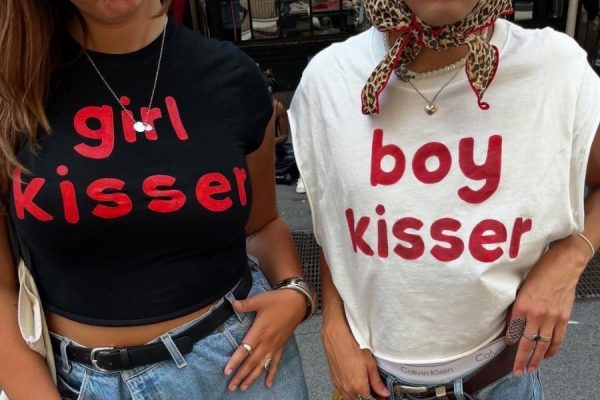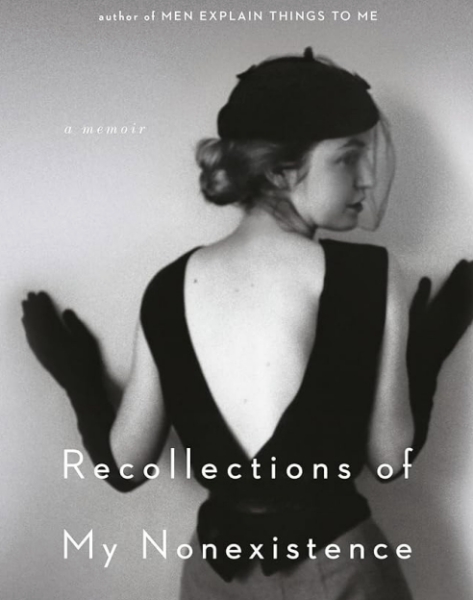The mysterious motivations behind Twitter purchase
Elon Musk’s stated his purchase of Twitter was to liberate free speech and to do away with the censorship that favored a liberal agenda. This drive can be correlated with Twitter’s censoring of election fraud allegations, anti- vaccination beliefs, and the permanent suspension of a high profile elected official in the year 2020.
Twitter’s intent in censoring false information is to protect the integrity
of their marketplace of ideas. These ideas are not protected by freedom of speech. If this is the speech you intend to use, privately owned companies are fully within their right to censor them. Without trustworthy information, Twitter users have little reason to return to the app which decreases their advertiser’s incentive to buy ad space.
Publicizing his purchase of the tech company as a brave decision to restrict content moderation raised widespread concern.
“Already since it was announced he would be buying the platform, we’ve seen an uptick in extremist activity, racism, antisemitism, homophobia,” Anti-Defamation League CEO Jonathan Greenblatt said in an interview with NPR.
This interview was on the heels of a meeting that took place with Musk
and representatives from various organizations who felt concern with his new ownership. This was a wise move because, from a business perspective, allowing hate speech harms Twitter’s main source of revenue: advertisers.
In 2017, YouTube ran into a similar problem with businesses boycotting in fear of ads being played alongside extremist videos. According to CNBC, the platform’s solution was to enlist third party verification and hire more employees to remove the offensive videos. Advertisers returned as a result.
Musk stated in a direct address to his followers: “Twitter obviously cannot become a free-for-all hellscape, where anything can be said with no consequences!”
This runs contrary to his prior stance on being a “free speech absolutist.”
However, firing 50% of the staff does not instill confidence in the quality of censoring misinformation. Information is only valuable if it’s true and monitoring that takes human beings, not algorithms.
Musk’s true intentions in his incredibly publicized ownership continue to be speculated as his actions frequently run contrary to his words. This dramatic purchase of one of the largest mainstream media platforms has more to do with the fact that he is an egotistical publicity hound rather than his desire to liberate free speech.
Musk has proven to be a competent businessman as Forbes lists him as the richest person in the world with a net worth of $219 billion. Perhaps he saw Twitter as an intellectual and financial challenge of which he wanted control and politicized the transaction for attention and praise.
In an investor presentation acquired by the New York Times, Musk claimed in April that Twitter’s annual revenue would increase to $26.4 billion, and users would reach $931 million in the year of 2028. These would be major strides in success as the company generated $5billion in the year 2021 and currently has 238 million users.
Within the past couple of weeks, Musk has professed the possibility of charging an $8 subscription fee to be verified on the platform.
To flip the script, if we do not like the way Musk manages Twitter, we have the freedom to use a new platform. However, it is frustrating as Twitter has become a useful free marketplace of ideas and an egotistical billionaire might destroy it.





















